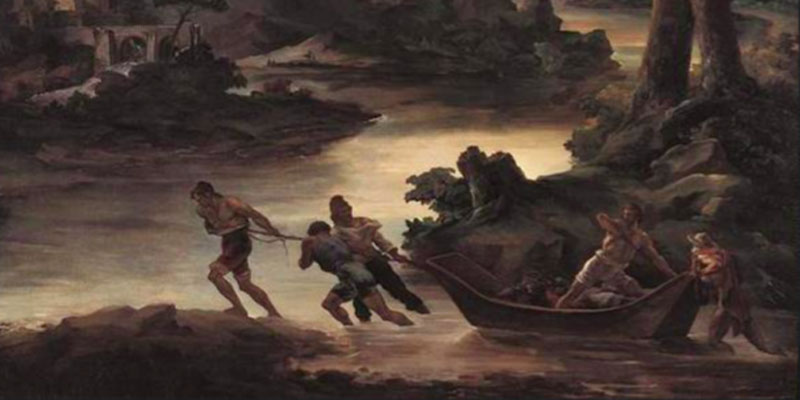
The smart set needs to ponder the value of historical limitations.
An episode of the High Noon podcast featuring Oren Cass brought to mind a point relevant to my break from social media.
Cass is, in some respects, a contrarian in conservative circles, expressing some healthy skepticism against the free-market bent of the Right (a bent, to be clear, toward which I definitively incline). The assumptions of free market economics, he suggests, are not always correct, especially to the extent that free-marketers assume their philosophy will be to the benefit of all (or to the degree that they studiously avoid concentrating on those whom it does not benefit).
In this regard, the same category error affects both sides of the debate. Free market economics should not be mistaken for a comprehensive philosophy. Like science, math, altruism, and any other consideration, it describes a system of thought within defined boundaries. Just so, self-improvement books tend to totalize specific areas of focus that may or may not be relevant to a particular person in a particular set of circumstances. Some describe the “ought” of what we should pursue, while some describe the “does” of how things work, and all must be understood within their own limits.
Free-market economics are much more within the “does” category than the “ought” category, and we go wrong when we blur the lines.
The above-mentioned podcast raises a point (incidentally and tangentially, to be sure) that should be valuable to both sides of the ideological divide. The key point, to my mind, when it comes to the evolution of the market and the loss of traditional ways of doing, is that we need to be aware of what is and what is changing.
In the past, technology and the capacity for transportation imposed restrictions that no longer apply, and sometimes those natural limitations benefited the human sociological system overall. A wise progress will seek to understand what is being lost to change and look for ways, not to maintain the limitations, but to preserve (conserve) that which is valuable.
There is a value to looking people in the eye. There is a value to interacting with people who share your geography rather than your ideology. We lose these things as our lives turn virtual or unbounded by location. We need to think about that value, and like a person who places sticky notes everywhere to remind him or herself of things, we need to find ways to keep them in our awareness.
Featured image by Theodore Gericault on Unsplash.

You have the broad intelligence to see and know that interacting with local people – souls! is what life is most importantly about. But the value system in general, of a majority of people, has been going down for decades – they focus on frivolous things that, when they are 90, they see were a waste! How to get these concepts of – Wisdom – across to people – some never get it, but at least we can try to educate on this…. I know I could have used a lot more discussion on this whole subject….